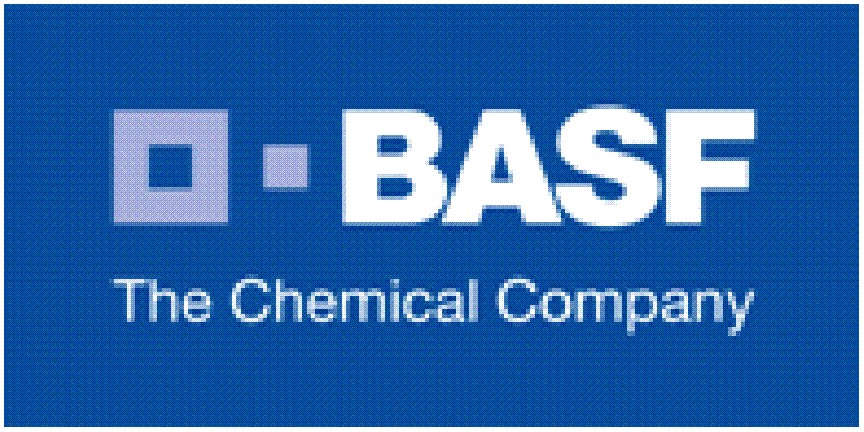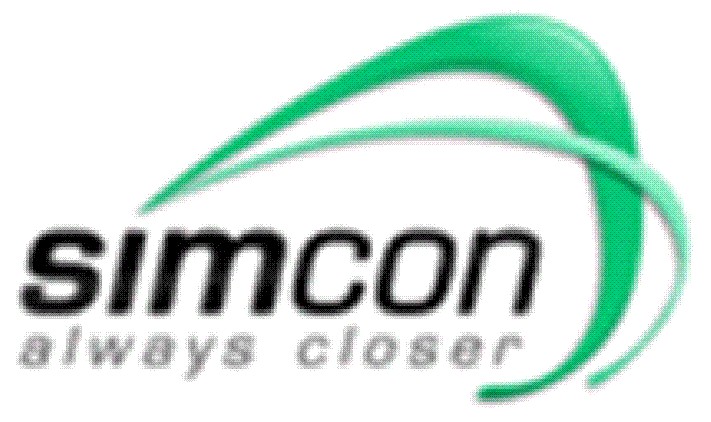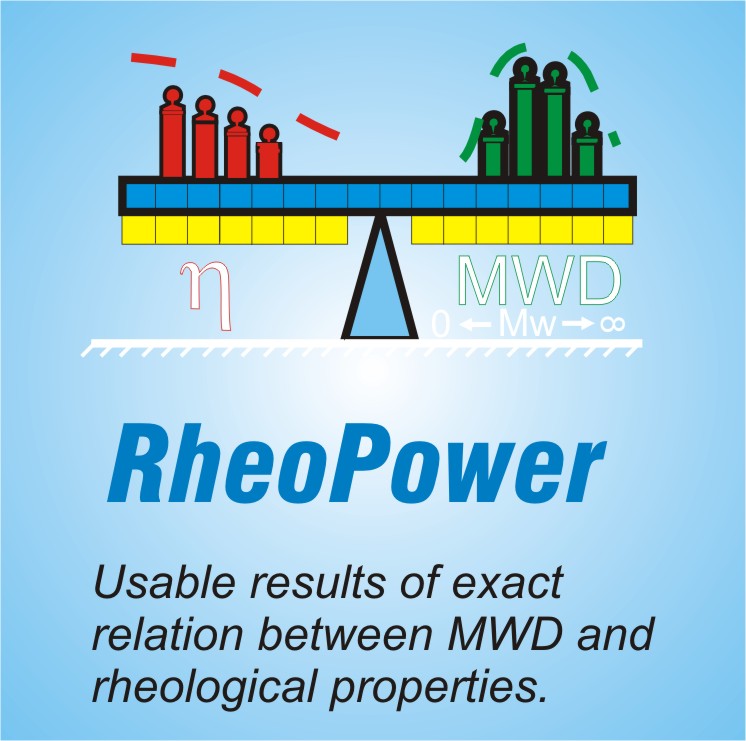|
Home |
|
RheoPower >> |
|
| |
| |
| |
| |
| |
| |
| |
| |
| | Start | | Intro | | Principle | | Animations | | RheoAnalyzer | | RheoDeveloper | | HowToDo | | GPC Facts | | Research Papers |
|
News >> |
|
| |
| |
About Us >> |
|
| |
| |
| |
| |
SiteMap |
LATEST NEWS
1st December 2025
Recycling
is popular today, but 50 years ago it was our core business — and it taught us the behaviour of polymers.
10th November 2025
ICPC, Shanghai, China
Tommi Borg: “Structure and Viscoelastic Properties of Polyethylene by Control Theory”
10th March 2025
New book by Tommi Borg, Control Theory in Rheology, Springer International Publishing.
Read more >>
16th April 2022
Tommi Borg visits for your meetings at
AERC 2022, in Seville, Spain, 26th-28th April 2022.
14th November 2019
Updated RheoPower 5.1 package is now available.
Read more >>
24th September 2018
64-bit RheoPower 5.0 analyses still more accurate thanks to developments. Easy to deploy databases.
Read more >>
16th April 2017
Tommi Borg visits for your meetings at
Chinaplas May 16-19, 2017 - Guangzhou, PR China.
24th November 2015
New published paper
"Linear viscoelastic model for different flows based on control theory",
Appl. Rheol.
Read more >>
|
|
Published peer reviewed research papers and presented at international conferences
Scientific articles and presentations
This page presents as a summary published peer reviewed research papers or presented at international conferences.
Still pending papers are included with software package.
When applicable, the paper or abstract is available for download in *.pdf format below.
Our peer reviewed, published papers and books for modelling viscoelasticity,
detecting MWD from viscosity measurements and CFD simulations:
Orally presented papers at international conferences:
This is a good review for research developments in theory during years along with heavy software coding
and numerical analyses.
- "Long Chain Branching and Molecular Weight Distribution Characterization by Rheology".
Presented at the International Conference on Polyolefin Characterization (ICPC)
September 21-24, 2014 - Valencia, Spain.
- "CONTROL THEORY IN RHEOLOGY".
Presented at the XVIth International Congress on Rheology August 5-10, 2012 - Lisbon, Portugal.
- "Melt Chromatography by new Linear Principle".
Presented at AERC 2011, 7th Annual European Rheology Conference May 10-14, Suzdal - Russia.
- "Viscoelasticity and Melt Chromatography by new Linear Principle".
Presented at Annual Meeting of German Rheological Society (DRG) March 31-April 1, Berlin - Germany.
- "Polymer characterization and practical linear viscoelastic
models by control theory". Presented at AREC 2010, 6th Annual European Rheology Conference April 7-9, Göteborg - Sweden.
- "Practical linear viscoelastic
models by control theory"Presentation at ICPPC - 2010, Second International Conference
on Polymer Processing and Characterization, January 15-17, Kottayam - India.
- "TEMPERATURE DEPENDENCE OF POLYMER FLOWS BY CONTROL THEORY"
This paper was presented at AERC 2009, 5th Annual European Rheology Conference April 15-17,
Cardiff - United Kingdom.
- "Start-up and Transient Flow Effects From the Molecular
Weight Distribution"
This paper was presented at XVth Int. Congr. on Rheology
August 3-8, 2008 in Monterey, California, USA.
- "Detecting Molecular Weight Distribution from Viscoelastic
Measurements and Relation by Melt Calibration"
This paper was presented at 4th Annual European Rheology Conference held
April 12-14, 2007 in Napoli, Italy.
- "Determining the Molecular Weight Distribution From Viscosity Measurements at Different Temperatures"
by Tommi Borg and Esko J. Pääkkönen. This paper was presented at XIVth Int. Congr. on Rheology
August 22-27, 2004 in Seoul, Korea.
- "Time Dependency of Viscosity in the Flow Simulations"
by Tommi Borg, Martti Keinonen, Petteri Poranen and Esko J. Pääkkönen.
This paper is presented at XIVth Int. Congr. on Rheology
August 22-27, 2004 in Seoul, Korea.
- "Determining The Molecular Weight Distribution
From Viscosity Measurements" by T. Borg and E. J. Pääkkönen.
This paper was presented at 6th European Conference on Rheology held
September 1-6, 2002 in Erlangen, Germany.
- "MWD computations from viscosity and
vice versa by new linear model" by T. Borg and E. J. Pääkkönen.
Abstract describes presentation at 2nd Workshop on Inverse Problems in Rheology and
Related Experimental Techniques, held in Badenweiler, Germany May 9-11 2001.
- "Molecular Weight Distribution and Property Computations
by the Energy Model of Viscoelasticity" by T. Borg and E. J. Pääkkönen.
Abstract describes presentation at the Nordic Rheology conference held in Helsinki,
June 7-9, 2000.
- "Rheology calculations and linear polymer
viscoelasticity" by T. Borg and E. J. Pääkkönen.
Abstract describes presentation at Symposium of Chain Structure Relationships
in Polymer, held at Isaac Newton Institute, Cambridge, UK, May, 14-15 1996.
The origin of Classical Rheology
The fundamental presentation for 1900-century rheology is discussed by Malkin and Isayev*:
"The complete review of the theory of linear viscoelasticity was summarized Bernhard Gross:
Mathematical structure of the theories of viscoelasticity, Hermann & Cie, Paris (1953).
He called his approach ”dogmatic” because it was based on some fundamental principles and it
appeared possible to present the theory in a compact and clear form.”
* A Ya. Malkin, A. I. Isayev: Rheology: Concepts, Methods & Applications, ChemTec Publishing, Toronto, 2006.
Gross noticed that the formalism of dielectric and viscoelastic relaxations are identical.
He wrote a rheologial book discussed above. It is a pity, this Gross' book remained unknown and the glory of
rheology developments took Ferry et. al.
High valuated Ferry, Tschoegl and others had only done continuum by well documented form of “dogmatic” works
for the review by Gross. Who was this forgotten
great scientist Bernhard Gross, is found on the link?
I bought maybe the last single book recently available (found from the past Aerojet library, Sacramento, California
Space rocket manufacturer). Due to immaterial rights I still copy only few pages found attached as a sample of this 65 years old book:
"Mathematical structure of the theories of viscoelasticity"
Our Rheology Principle is based on Control Theory
We proved now on these pages and by RheoPower software that macromolecules do not behave exactly similar way
as classical rheology principle copied from dielectric phenomena, which describes for viscoelastic materials originally
only stress relaxation states.
Our presented principle is free of these limitations and useable for different type flows and states.
The development process started back to 1970 decade on the experiences learned during practical manufacturing industry
and has gone thru many step-by-step procedure even by help of first PCs before we found that our model was
actually same as well theoretically accepted Control Theory in science.
As a summary our works based on control theory is still more accurate, flexible and moreover more “dogmatic” as
classical presented by Gross et. al. starting dielectric phenomena, but our has more universal physical background and flexibility.
This was the final page of this www-site updated 21 September 2018.
|
|






